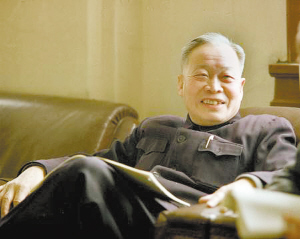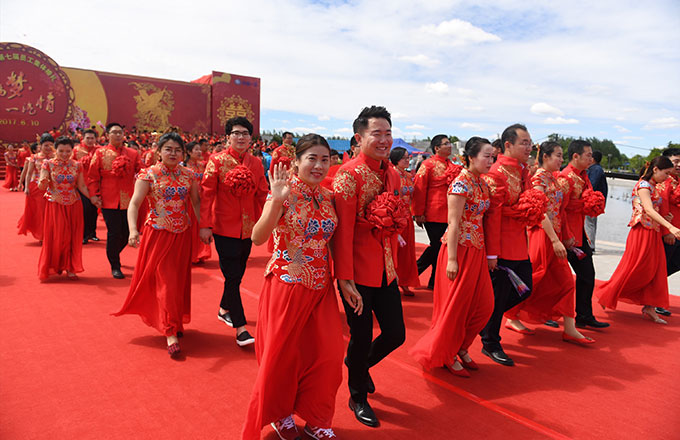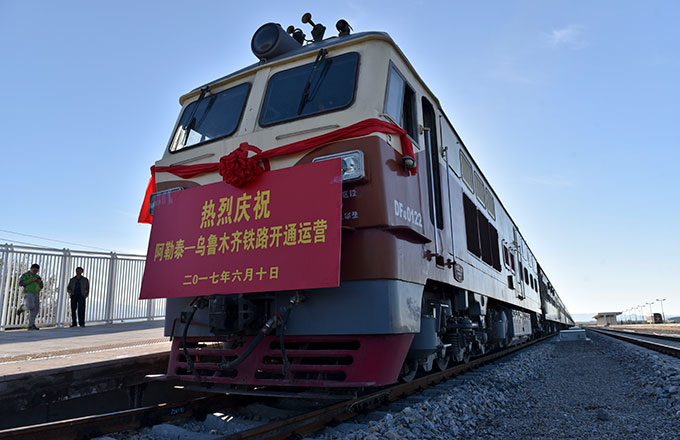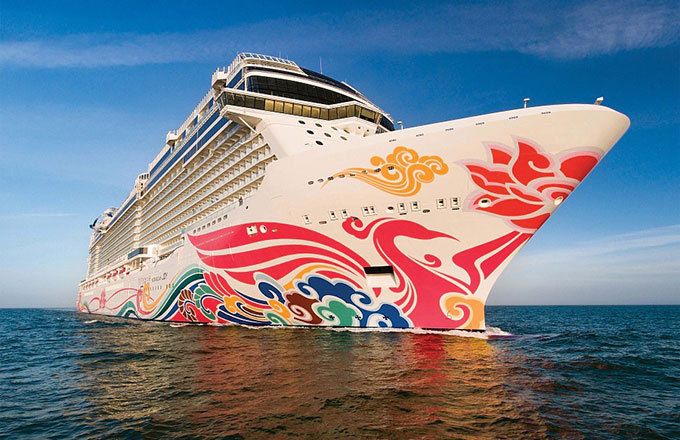Father of China's atom bomb: Qian Sanqiang
|
Died: June 28, 1992 Occupation: Scientist in nuclear physics Political Party: Communist Party of China (Joined in 1954) |

Qian Sanqiang, male, Han nationality, was born on October 16, 1913 in Shaoxing, Zhejiang province. His father was Qian Xuantong, a famed scholar during that time. Qian Sanqiang graduated from the physics department of Qinghua University in 1936 and went to study in France in 1937. In 1940 he obtained doctorate in France. In 1946 he was awarded a top science prize in France.
In 1948 Qian and his wife gave up the good jobs and rich life in France and came back to China. He joined the Communist Party of China in 1954.
He served successively as director of the Institute of Modern Physics under the Chinese Academy of Sciences (CAS), head of the Planning Bureau under the CAS, vice-president of the CAS, and deputy minister of Second Ministry of Machine Building which oversaw production of the nuclear industry.
Qian was one of the founders of the domestic nuclear industry. He made indelible contribution to China's development of atom and hydrogen bombs and its high-energy physics and had thus been honored as "Father of China's Atom Bomb". Because of Qian's contribution in physics, the French President signed a paper in 1985 to award him with military honor.
Qian died of heart disease in 1992.
In September 1999, seven years after his death, the Central Committee of the Communist Party of China, the State Council and the Central Military Commission decided to grant him the special prize of 'Two Bombs and One Satellite Meritorious Award'.
- China issues guidelines to develop 'all-for-one' tourism demonstration zones
- Torrential rain triggers disaster in Southwest China
- Harvest time for wheat reapers in Shanxi
- Over 200 couples marry in Changchun group wedding
- Calligraphy tops other icons of Chinese culture, WeChat data shows




 Born: October 16, 1913
Born: October 16, 1913














